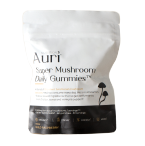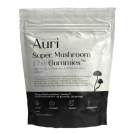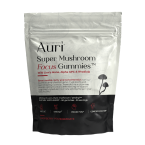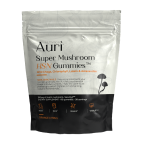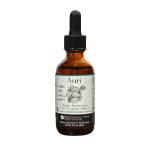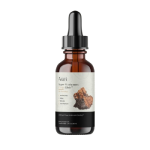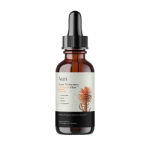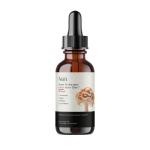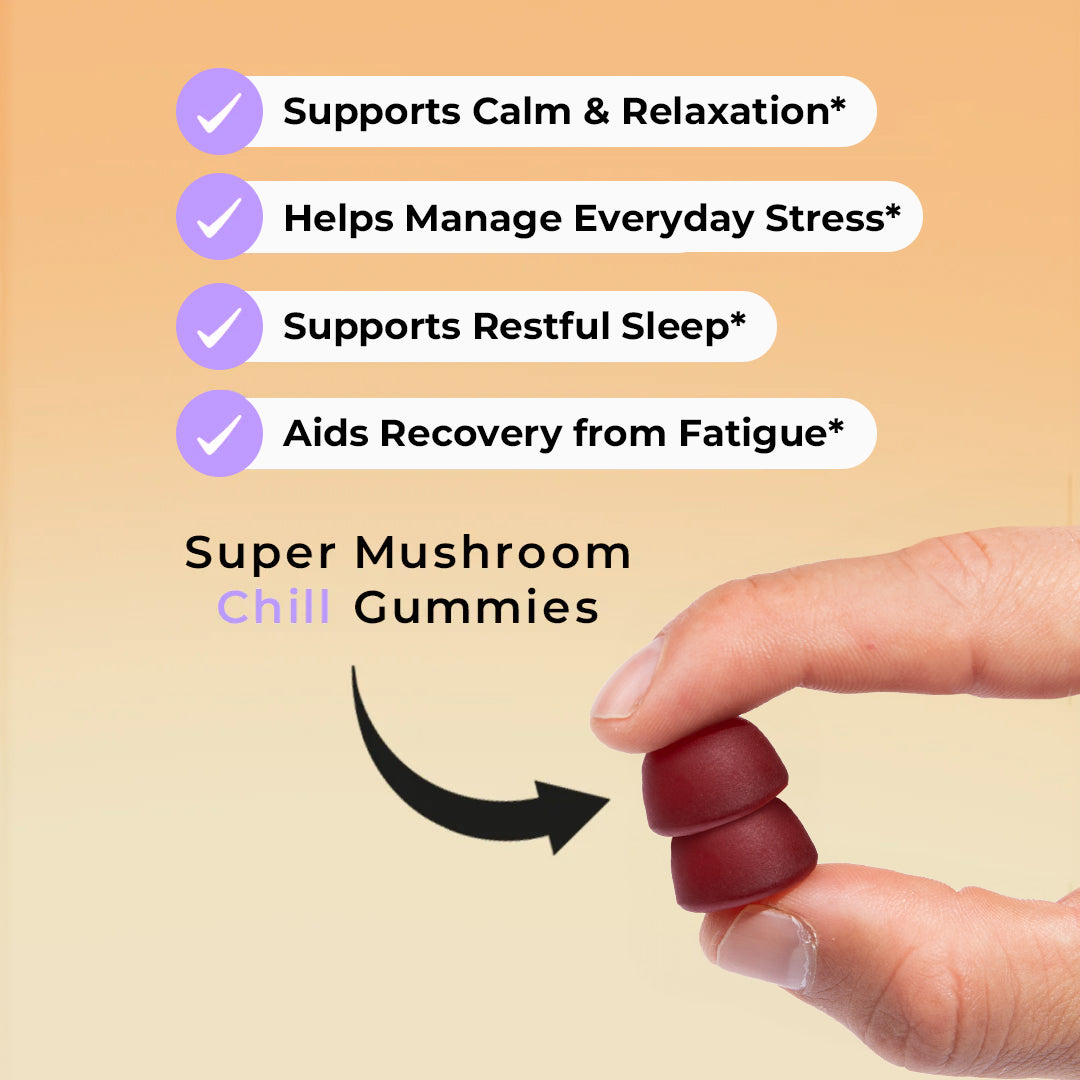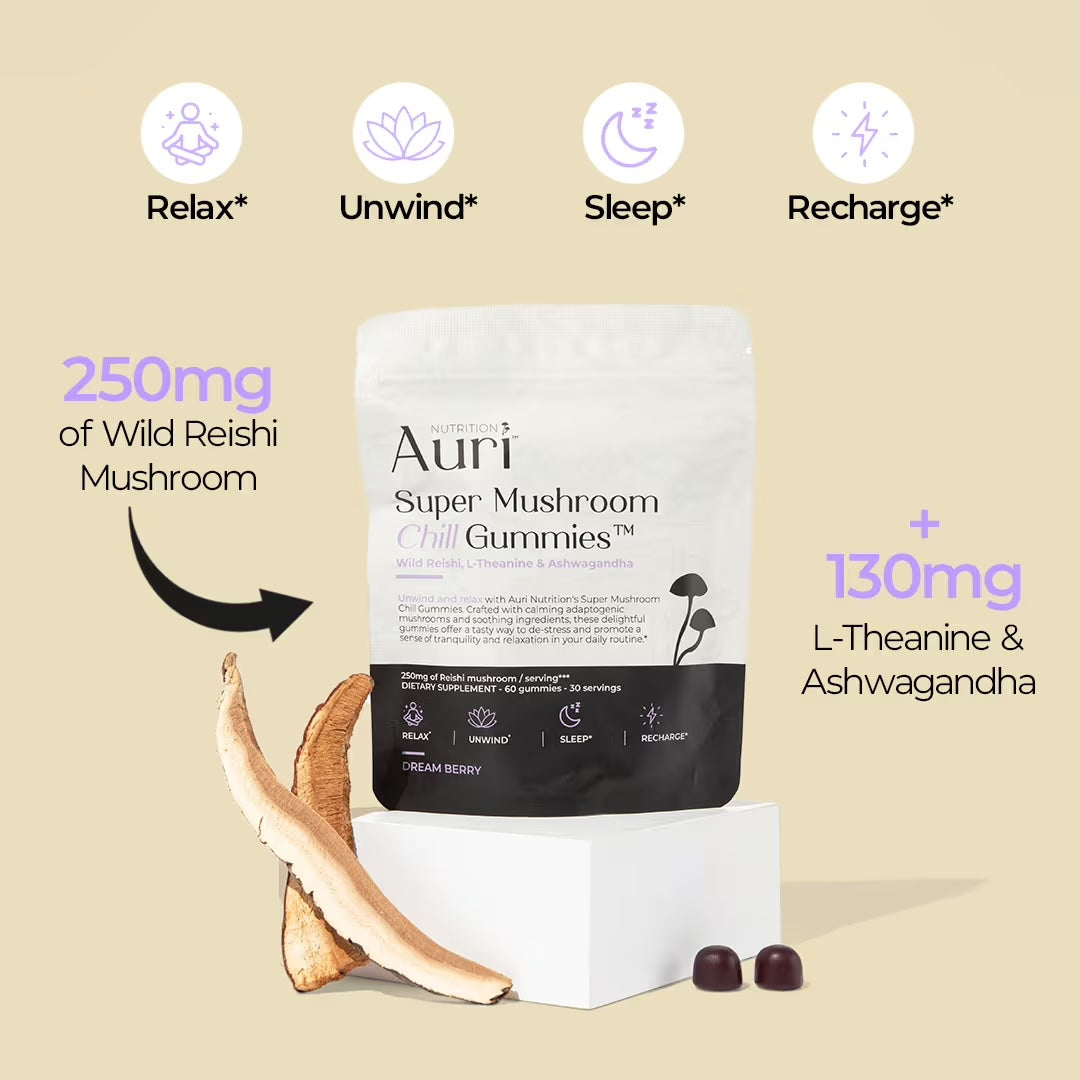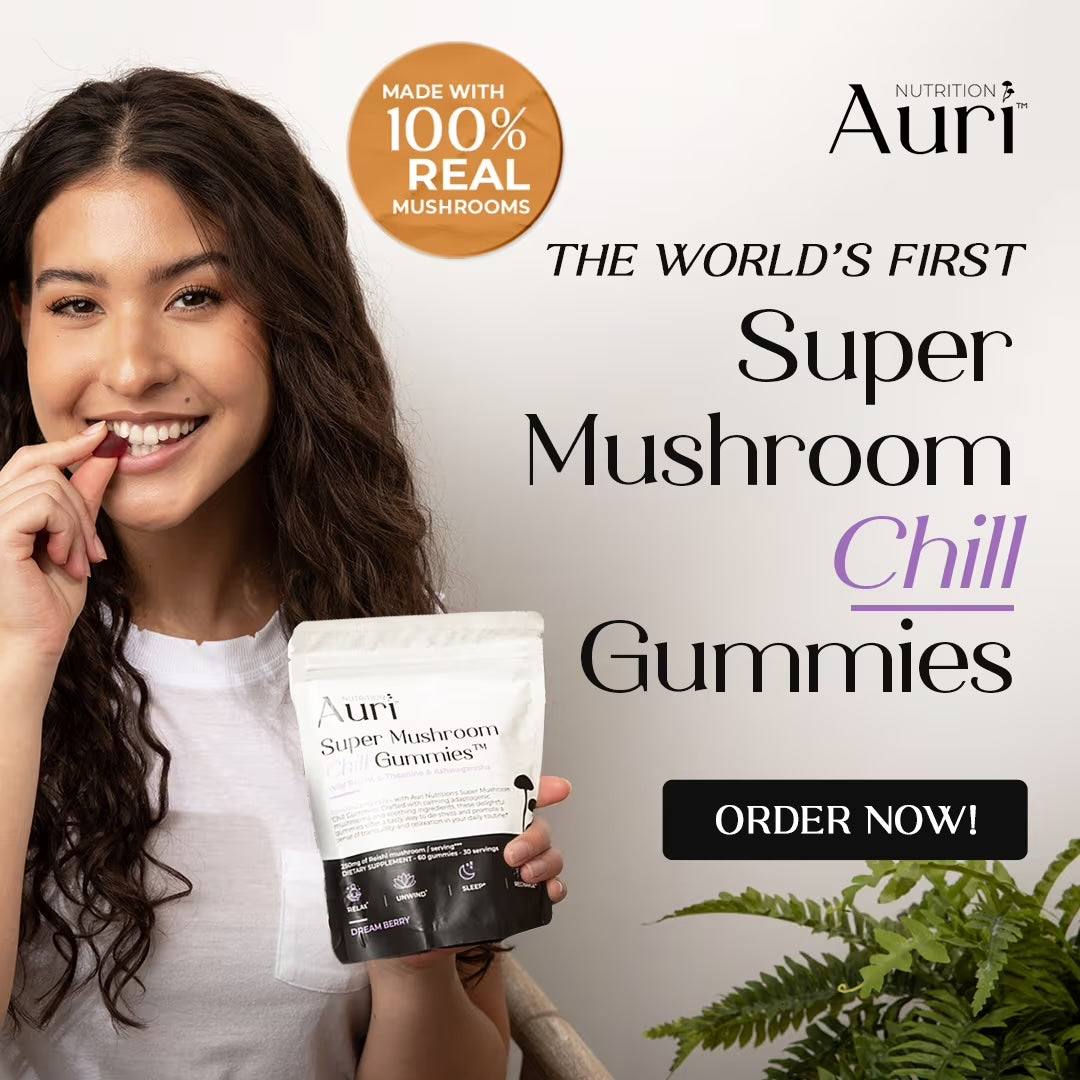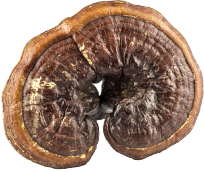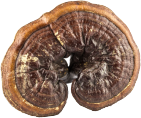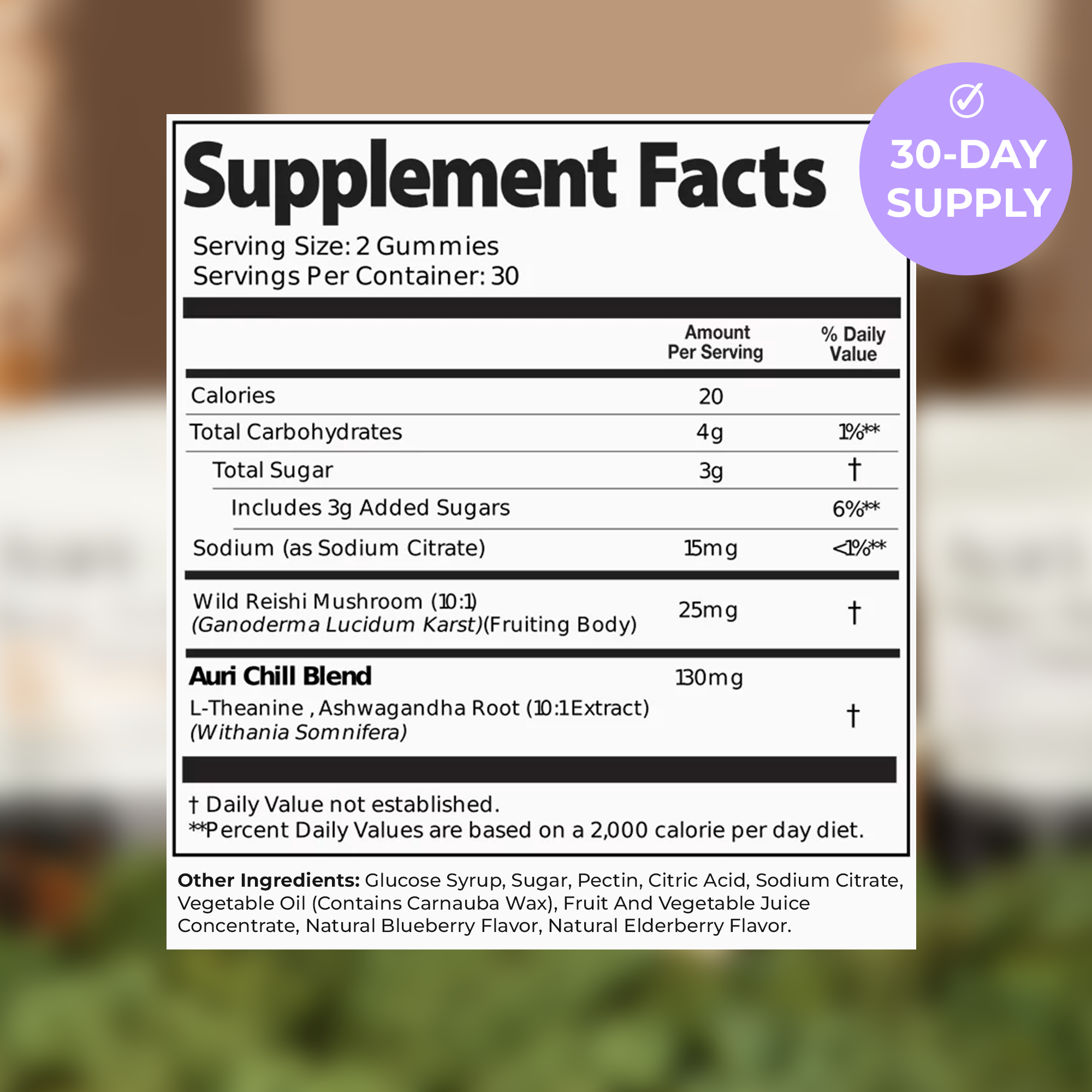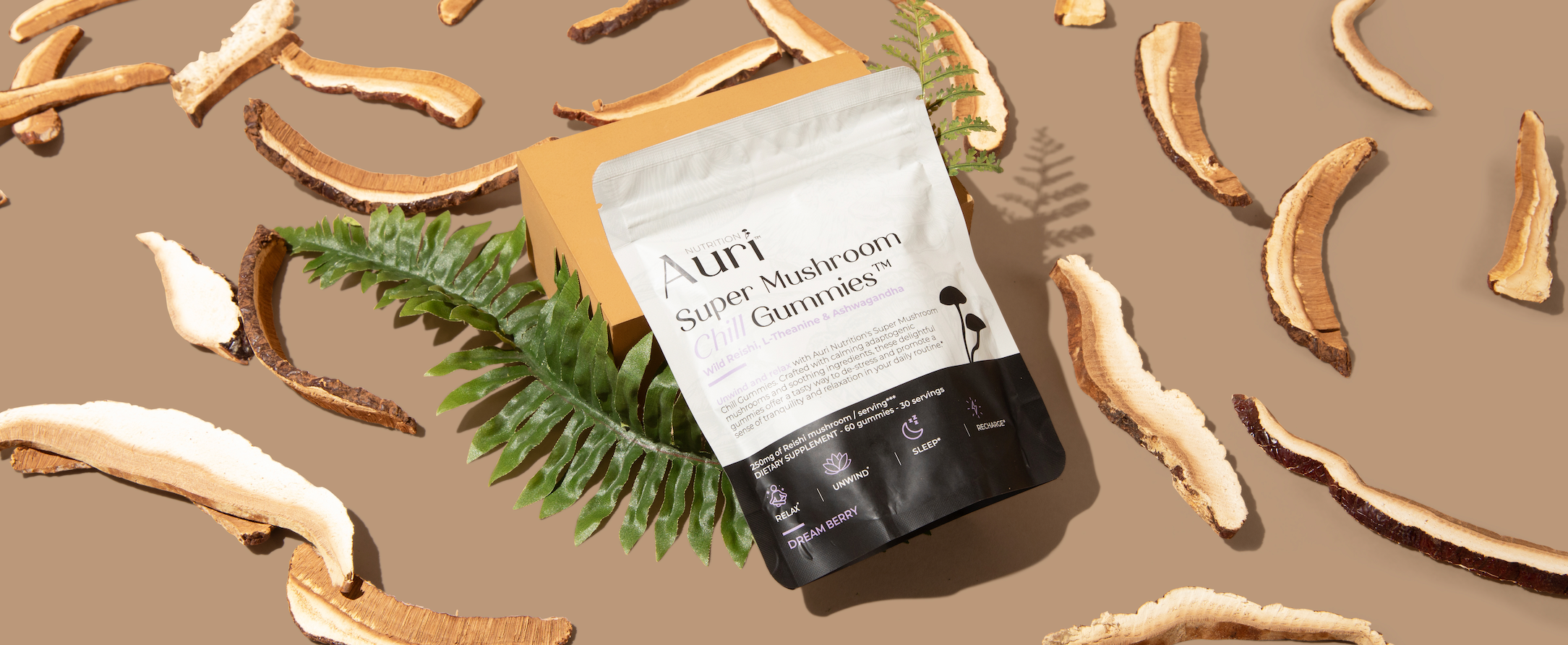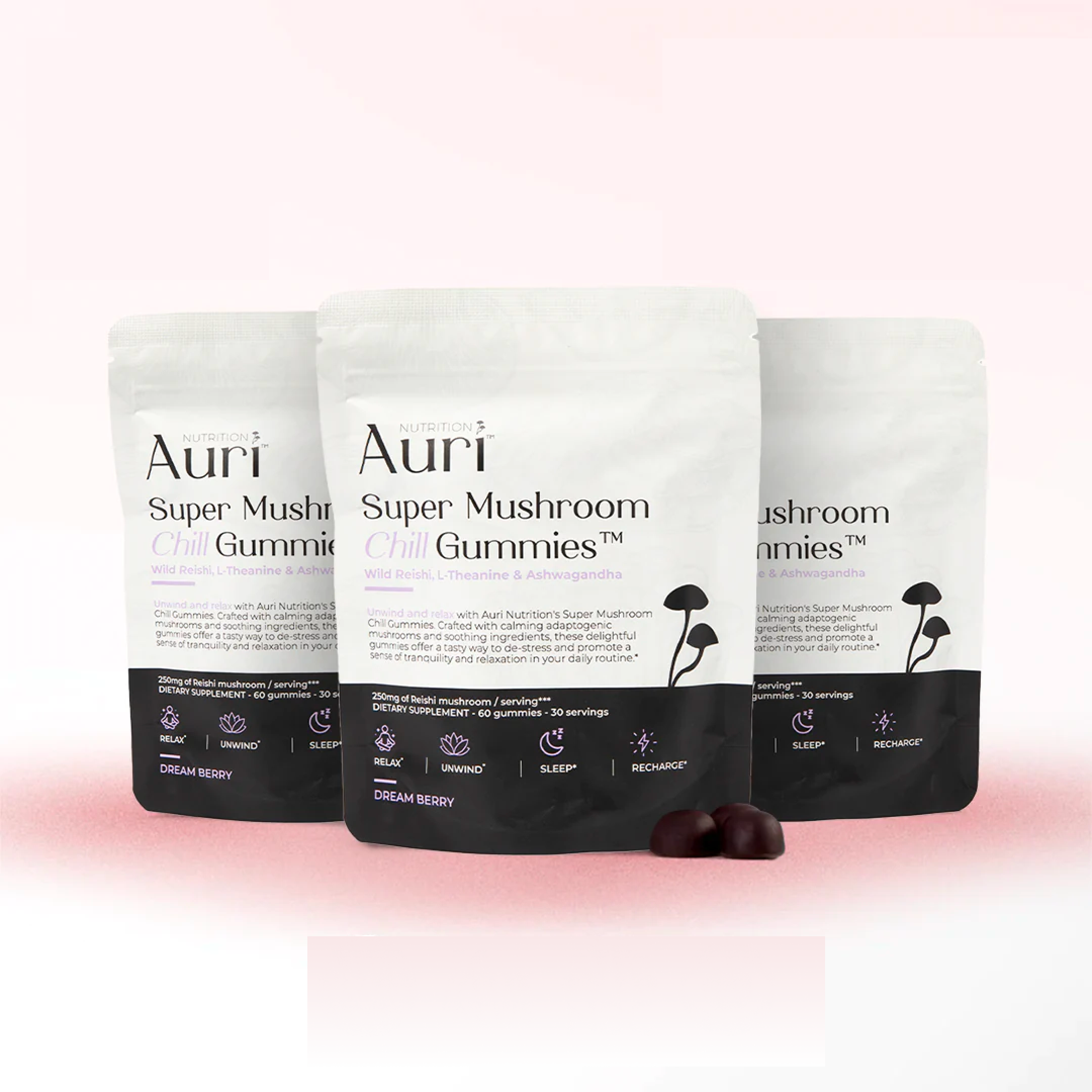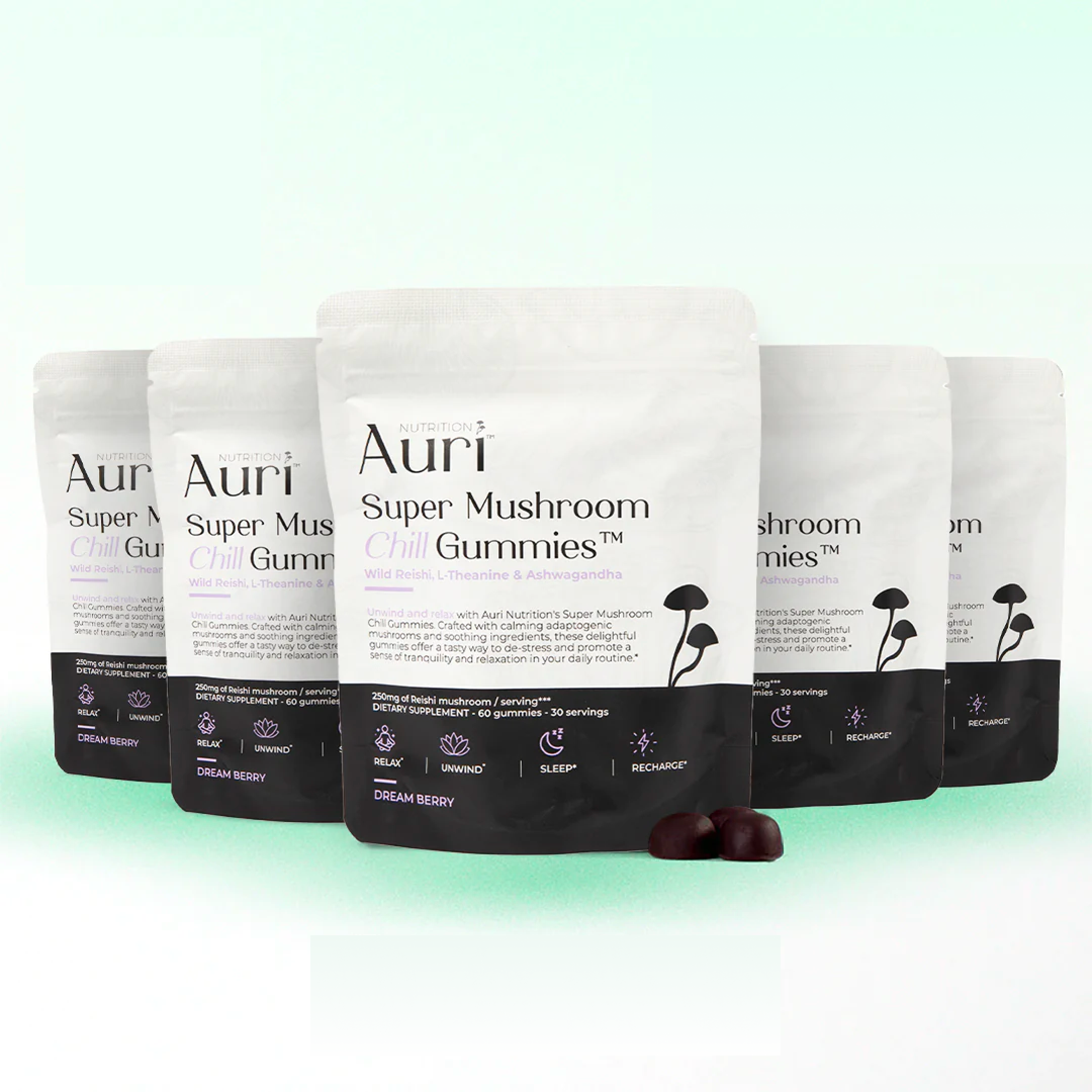🍄 Discover the tranquility and rejuvenation that adaptogenic mushrooms bring in our specially formulated Super Mushroom Chill Gummies. Immerse yourself in the relaxing embrace of each serving to:
🌱 Support Calmness & Relaxation*
🌀 Aid Normal Healthy Sleep Patterns*
🌜 Provides Cellular Energy Support*
🔋 Feel Refreshed & Recharge*
Our delicious gummies are not just a delight for your senses but also a serene companion for your daily relaxation journey. Crafted for daily consumption, they're your retreat in the form of a treat
25mg of 10:1 Wild Reishi Extract / Serving (Equivalent to 250mg Fruiting Body)



